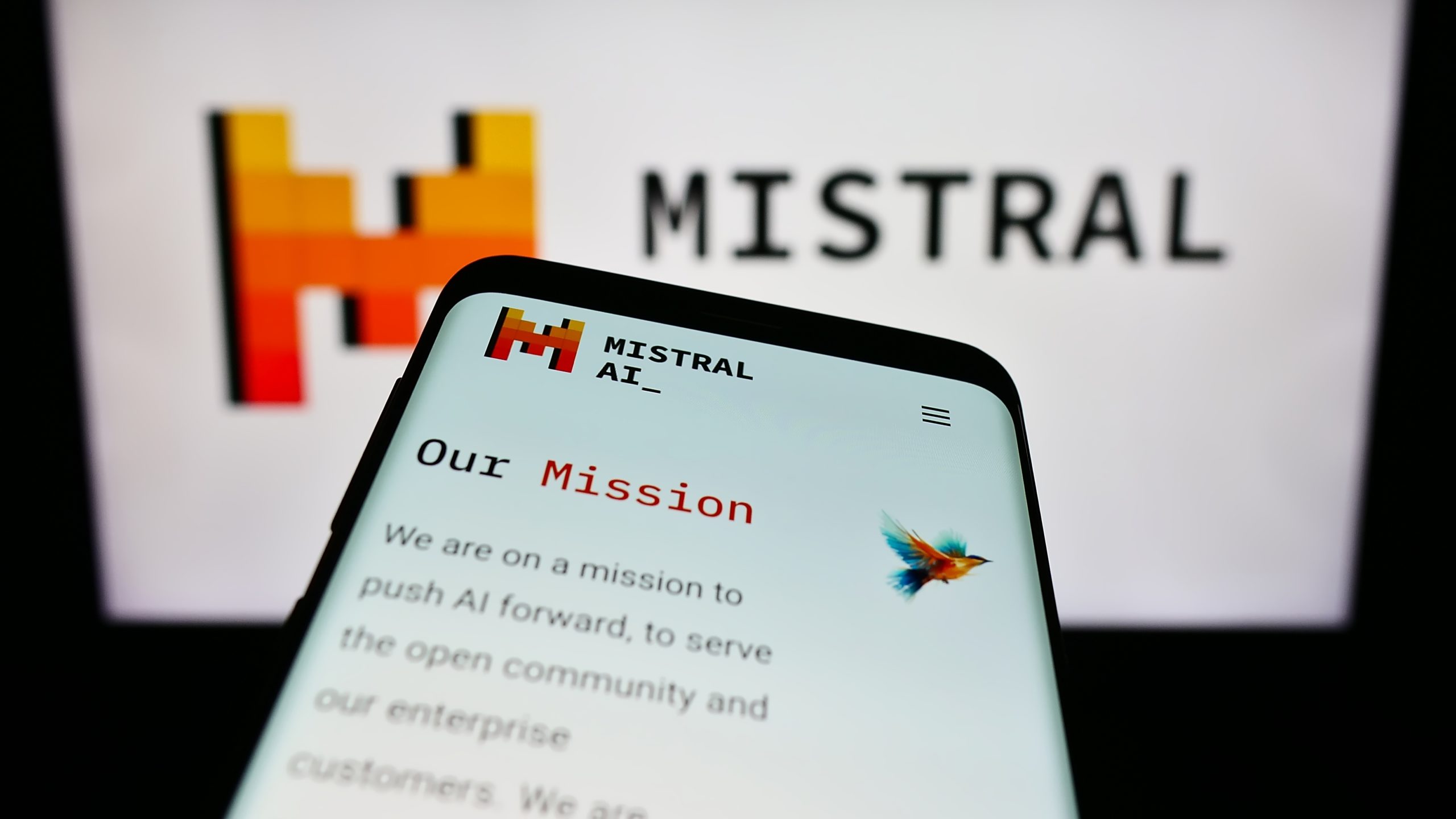
Mistral AI: A Paris-based OpenAI Rival raising the stakes in AI Innovation
Image credit: T. Schneider / Shutterstock.com
Paris-based tech startup Mistral AI has made headlines in the business news after successfully concluding their Series A funding round. The company was able to raise an impressive €385 million, or approximately $415 million, affirming Mistral AI’s place in the global AI arena.
Mistral AI’s Journey So Far
Less than six months ago, Mistral AI raised a seed round of $112 million to establish itself as a European counterpart to OpenAI. The company, a collaboration between Google’s DeepMind and Meta alumni, has been actively working on foundational models with a unique open technology approach.
According to Bloomberg, the recent funding has valued the company at approximately $2 billion.
The company also announced today the launch of its commercial platform, marking another milestone in its journey.
The Investors’ Lineup
The Series A funding round was led by Andreessen Horowitz (a16z), with Lightspeed Venture Partners also contributing. Other participants in the funding round included Salesforce, BNP Paribas, CMA-CGM, General Catalyst, Elad Gil, and Conviction.
Mistral AI’s Foundational Models
Mistral AI’s first model, the Mistral 7B, was released in September. This large language model was not designed to compete directly with GPT-4 or Claude 2 but was trained on a “small” dataset of around 7 billion parameters.
Unlike other AI models, access to the Mistral 7B model was not provided through APIs. Instead, the model was made available as a free download, allowing developers to run it on their devices and servers.
The model was released under the Apache 2.0 license, an open-source license that imposes no restrictions on use or reproduction beyond attribution.
The EU’s AI Act and Mistral AI
Mistral AI has been instrumental in shaping discussions around the EU’s AI Act. The company has advocated for a total exemption for foundational models, arguing that regulation should focus on use cases and companies working on products for direct end-user consumption.
Recently, EU lawmakers reached a political agreement. Companies working on foundational models will now face transparency requirements and will have to share technical documentation and dataset summaries.
Moving Forward with APIs
Despite advocating for an open-source approach, Mistral AI plans to monetize its foundational models. The company is launching its developer platform in beta today, which will allow other companies to use Mistral AI’s models via APIs for a fee.
Developers will have access to the new Mistral 8x7B model, also known as “Mistral-small”, in addition to the Mistral 7B model, “Mistral-tiny”. This new model utilizes a “router network” to process input tokens and select the most suitable parameter group to provide an answer.
This approach increases the model’s parameters while controlling cost and latency, as the model only uses a fraction of the total parameter set per token. The Mixtral model boasts 45B total parameters but only uses 12B parameters per token, allowing it to process input and generate output at the same speed and cost as a 12B model.
“This technique increases the number of parameters of a model while controlling cost and latency, as the model only uses a fraction of the total set of parameters per token,” the company wrote in a blog post.
Mixtral 8x7B has also been released under the Apache 2.0 license and is available as a free download. A third model, Mistral-medium, is available on Mistral’s developer platform. This model allegedly outperforms Mistral AI’s other models and is only available through the paid API platform — no download link available.
Conclusion
Mistral AI’s journey from a startup to a formidable OpenAI rival has been nothing short of impressive. With its recent funding and the launch of its commercial platform, the Paris-based AI company is poised to make significant waves in the world of artificial intelligence.
While the debate on AI regulation continues, companies like Mistral AI are pushing the boundaries of what’s possible, paving the way for more open, responsible, and decentralized technology.




